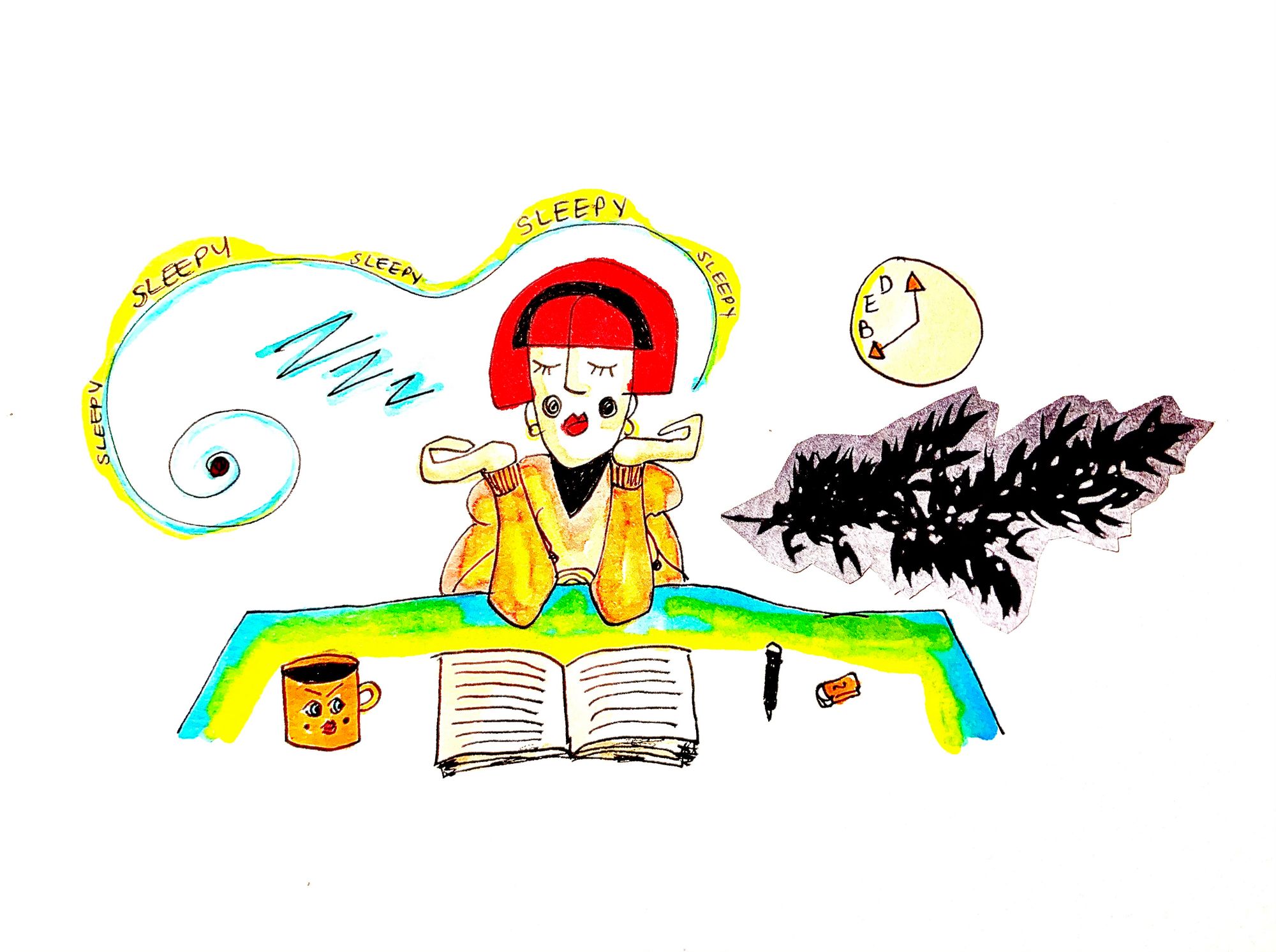by Maddi Lane, Wellbeing Online Columnist
The Croft // 'The Stress Melt Series': In the final instalment of the 'mind, body and soul' mini-series, our online columnist offers her advice on 'feeding your soul' this deadline season.
We’ve talked about the mind, we’ve talked about the body; but in the last instalment of this little mini-series, we’re going to look at the soul, and how you can nurture it to limit stress.
What is the soul? Many philosophers, theologians and scientists have pondered this question for many thousands of years, and many answers have been offered. For example, Wikipedia says: ‘the soul is the incorporeal essence of a living being’. Sounds reasonable.

In Christianity, the soul is the part of a person that is eternal, living on after the body dies. Buddhists don’t believe in souls at all, but rather follow Anatta – the belief that there is no unchanging permanent essence or soul; instead, energy is reborn.
One article I found, titled ‘The Call of Your Soul: 10 Signs Your Soul Is Speaking to You’, by Bev Janisch, claims that ‘our souls are hungry and need to be fed in order to flourish and thrive’. Sounds aggressive.
Others might say the soul is that little voice in your head that transforms the body from an apathetic, robotic, yet functioning being into a thinking, feeling, emotional creature. Perhaps it is the thing that makes us human.
Whichever way you define ‘the soul’ doesn’t really matter; what’s important is the steps you take to look after it. As our pal Bev says, the soul is hungry – and it might be so hungry that it even tries talking to you.

Personally, my soul has taken a beating over the last few weeks because I’ve been investing all my time and energy into meeting deadlines.
When you neglect parts of yourself that need an hour or so of your attention because you want to get that last bit of studying in, you risk losing out on much more productive work time. What could have been an hour of drawing/pampering/video games, might turn into a whole day of slacking because you’re burnt out.
A good way to combat this is to plan your time. I work best in the mornings, so I plan my days as if I were back at school: two hours; break; two hours; lunch. Then another two hours et voila: it’s home time. In reality, I’ve been at home since I ‘left for school’, but we move. Well, we don’t move, but that’s lockdown, eh?

By 4pm, I’ve had a six-hour day. If I have an essay due, I may work until 6pm. I have some friends who work from 9am-9pm, and some who wake up at midday, flick through a textbook for an hour or so and then call it a day (but still get a 2:1, riddle me that).
Everyone’s different, but it’s always important to schedule some time for your hobbies. Been meaning to make a lemon drizzle cake for the last week? Write it down in your plan. Need to catch up on Made in Chelsea? Plan it.
By having a set finish-time and planning something to look forward to afterwards, it’s easier to stay focused and motivated.

Rather than being easily distracted by my phone or wandering thoughts, my plan allows me to focus on the allotted work for that hour with the knowledge that at 4 or 5 pm, I will clock off and can paint my nails or start getting the Christmas decorations up guilt-free (apart from, perhaps, the guilt of it still being November).
The Stress Melt: exercise does not require a 'good body'
The Stress Melt: meditation does not require yoga pants
It's important to schedule not only work hours into our daily lives, but also to set aside allotted time for hobbies, self-care, and ‘nothing’ time. It’s easy to neglect those activities that help you relax and benefit you physically, mentally and emotionally because you have a deadline coming up.
But you’re not just an apathetic, robotically functioning being, you’re a thinking, feeling, emotional creature; and your soul is HUNGRY. Feed it.
Featured image: Epigram / Astrid Lucia Spruzen









